Every generation seems to approach parenting with a unique set of tools—and blind spots. For many Millennials, that gap appears in one specific area: emotional support. When Reddit user u/Soup_stew_supremacy asked r/Millennials, “Do any of you struggle to get emotional support from your parents?”—the answers flooded in fast, and they struck a nerve.
In her post, she shared:
"My parents are in no way bad people, but they get really uncomfortable with feelings of any kind…"
She added that while her parents (and those of her friends) might offer help with tasks or money, “they don’t want to talk about anything regarding feelings or mental health.” The response? A loud, collective “same.”
“They weren’t taught how to support themselves, let alone us”
Redditor veronicagh recommended the book Adult Children of Emotionally Immature Parents, saying it helped her understand common patterns. She shared a list of signs, including parents who show extreme emotions, lack empathy, manipulate, or avoid vulnerability. The pattern? It's often generational.
"You mean people can get emotional support from their parents?!?!"
— @lifeuncommon
Another user, Available-Fig8741, explained how understanding her parents’ upbringing helped her process their limitations: “They were raised by a generation where it was the rule and not an exception to do some kind of military service… They were taught to just survive.” She said therapy helped her release expectations and instead love them “how they’re capable of loving me back.”

Photo by Danie Franco on Unsplash
The patterns show up early—and leave lasting marks
Many responses highlighted childhood moments that set the tone for a lifetime. Soup_stew_supremacy shared how her parents “trained” her not to cry by mocking her when she did: “To this day, I struggle to cry at all and I cannot cry in the company of other people.”
"I feel like I'm their parent most of the time."
— @foamy_da_skwirrel
Others described parental responses rooted in religion, outdated gender norms, or total emotional detachment. User Consolatio wrote that her “Super Christian” parents always turned conversations into sermons: “Jesus can fill all your holes (and yes, I wish I was exaggerating).”

Photo by Ben White on Unsplash
Emotional maturity often skips a generation
Some pointed out that while their parents provided financial or logistical support, they couldn’t match their children’s emotional awareness. Parking_Buy_1525 explained, “I’ve never had that warm fuzzy feeling with my parents… But I learned certain things at a very young age and adjusted my expectations accordingly.”
"You can’t squeeze blood from a turnip."
— @SnoopDoggyDoggsCat
Others felt more like caretakers than children. “They expect me to support their emotions,” wrote Mehgan-Faux. One commenter described their father as someone who only respected anger as an emotion. Another shared that their mother gets defensive when they bring up health issues, making it easier just not to share anything at all.
Some are healing by seeking support elsewhere

Photo by Marcel Strauß on Unsplash
Several commenters said they’ve found peace not by changing their parents, but by building emotional support systems outside of them. That might mean friends, therapists, or partners. One user said simply: “I don't struggle in that I just don't expect it. It's frankly easier for me to seek it elsewhere.”
In other cases, people cut ties altogether. User _PercCobain_ wrote, “I haven’t talked to or had anything to do with my parents in 8 years, they didn’t do anything for me as a kid so I have nothing to do with them now.”
Yet many commenters still expressed empathy. They acknowledged their parents likely did the best they could with the tools they had, but that didn’t stop them from working toward something better for themselves—and for their own kids.
If any of this sounds familiar, it might be worth reading Adult Children of Emotionally Immature Parents or following communities like r/raisedbynarcissists and r/emotionalneglect for solidarity and support.
Breaking the cycle starts with awareness—and for many Millennials, that work is already underway.





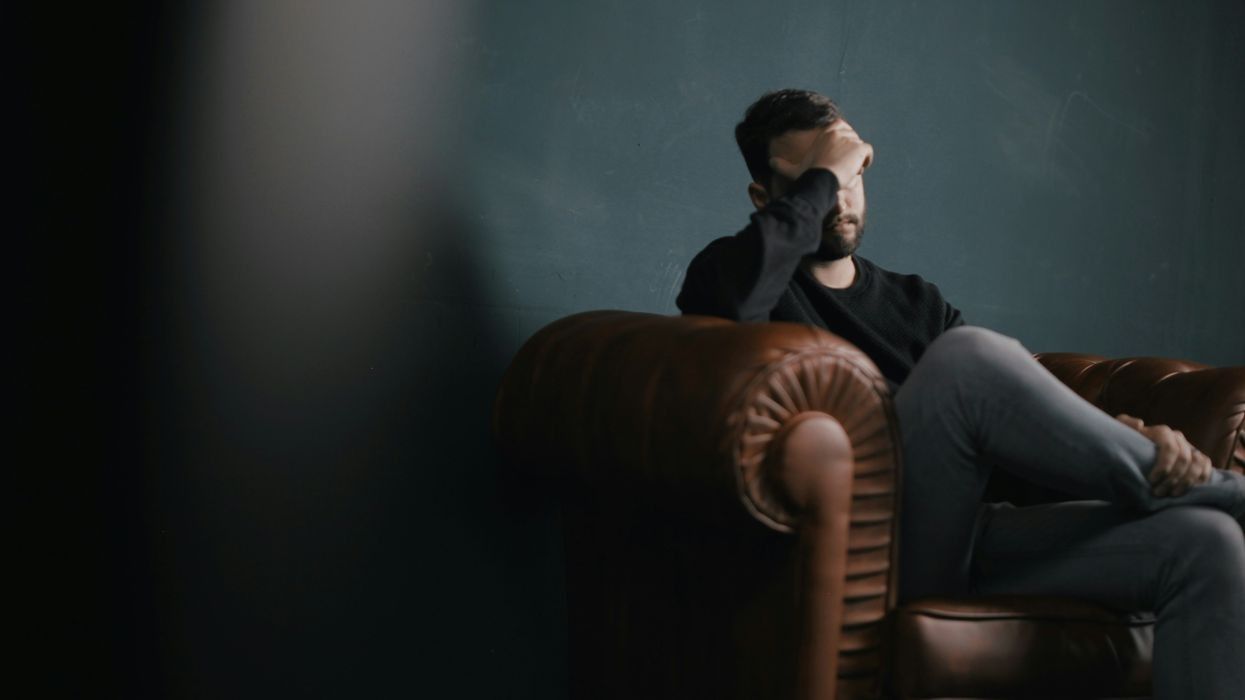





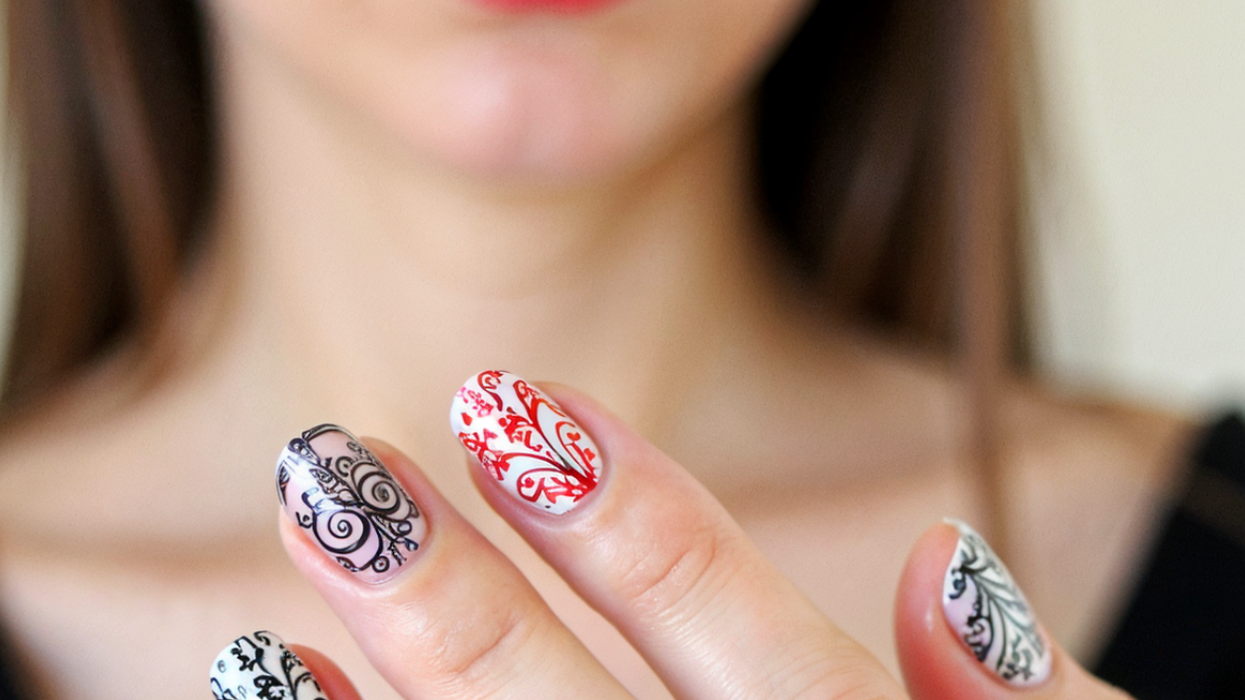



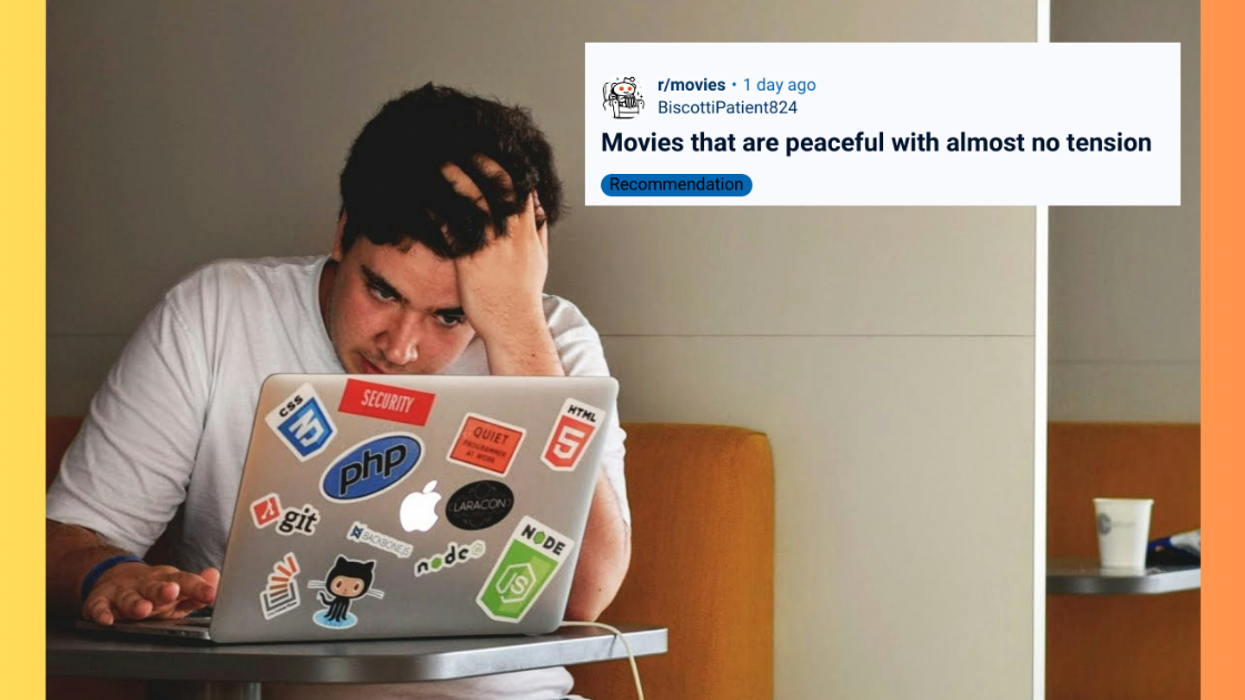
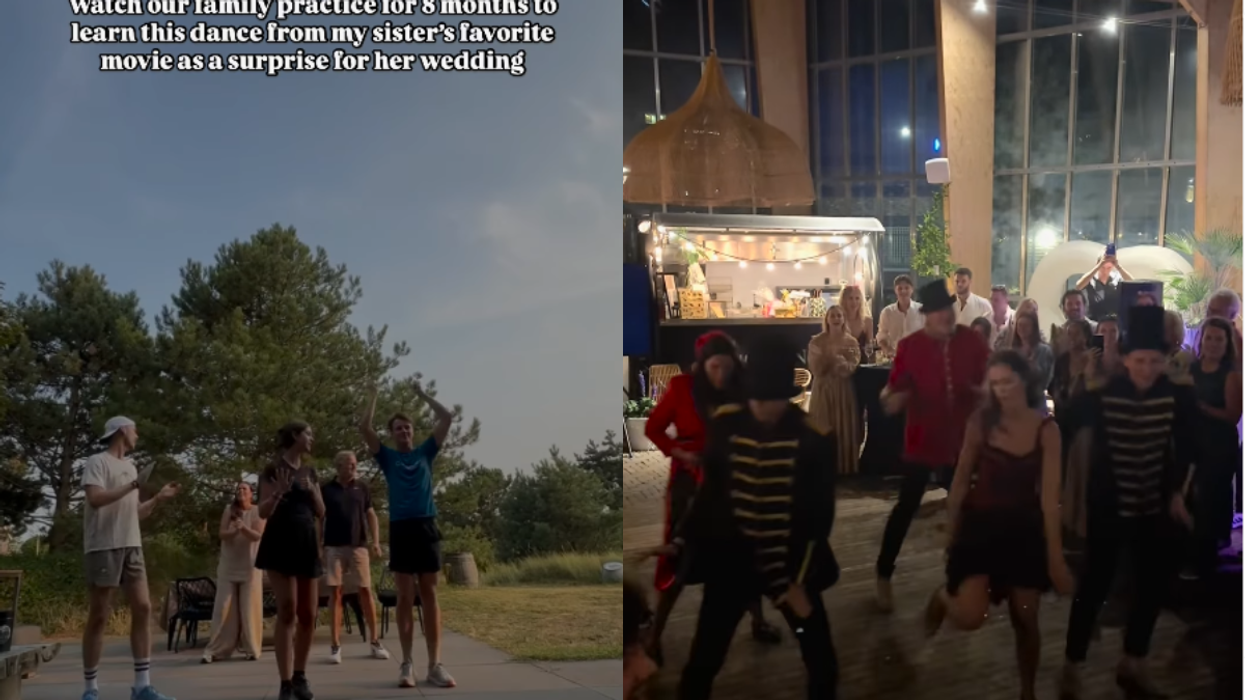
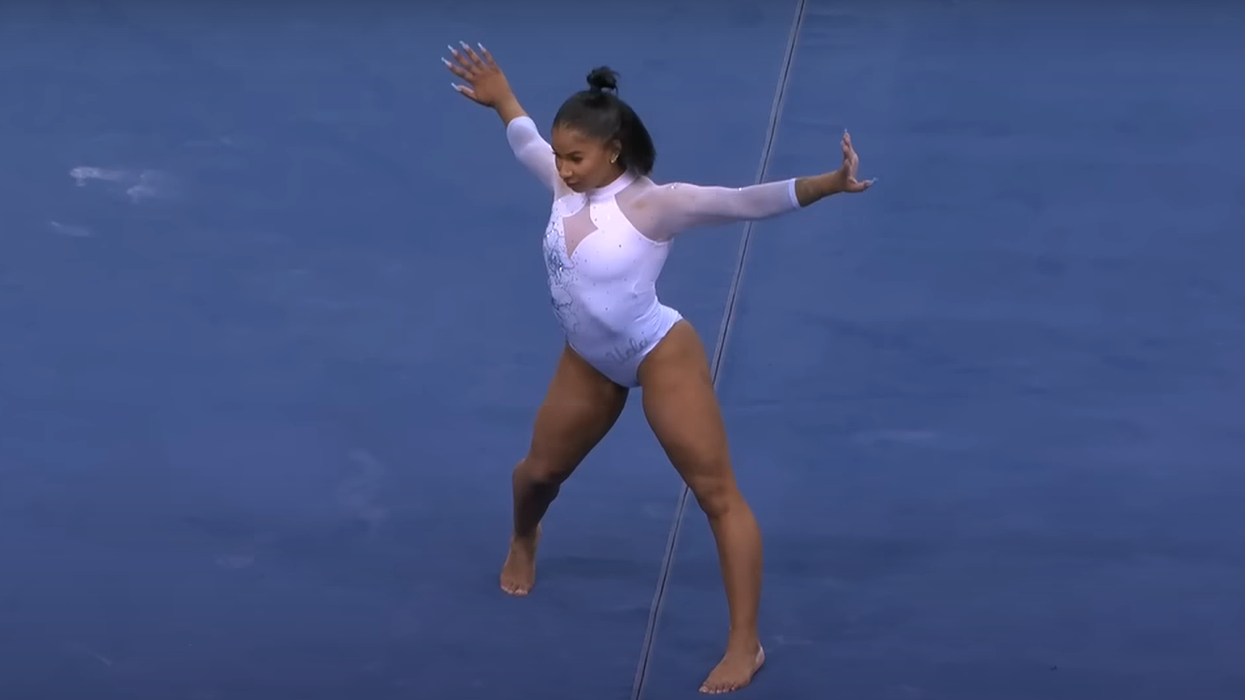

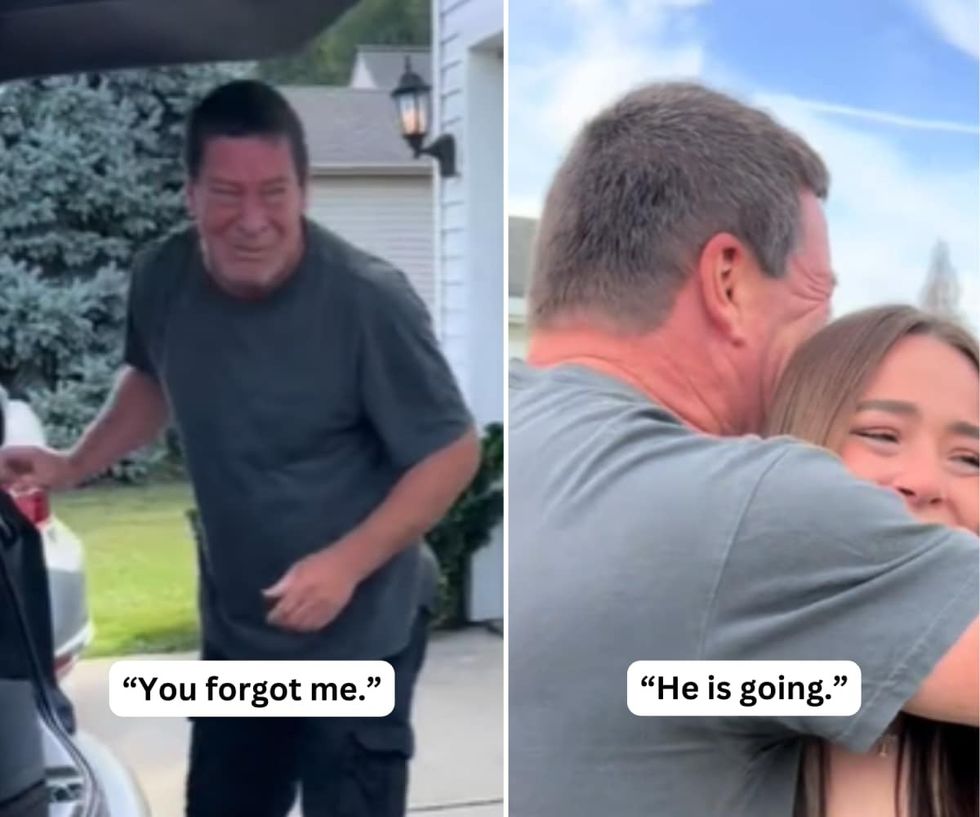

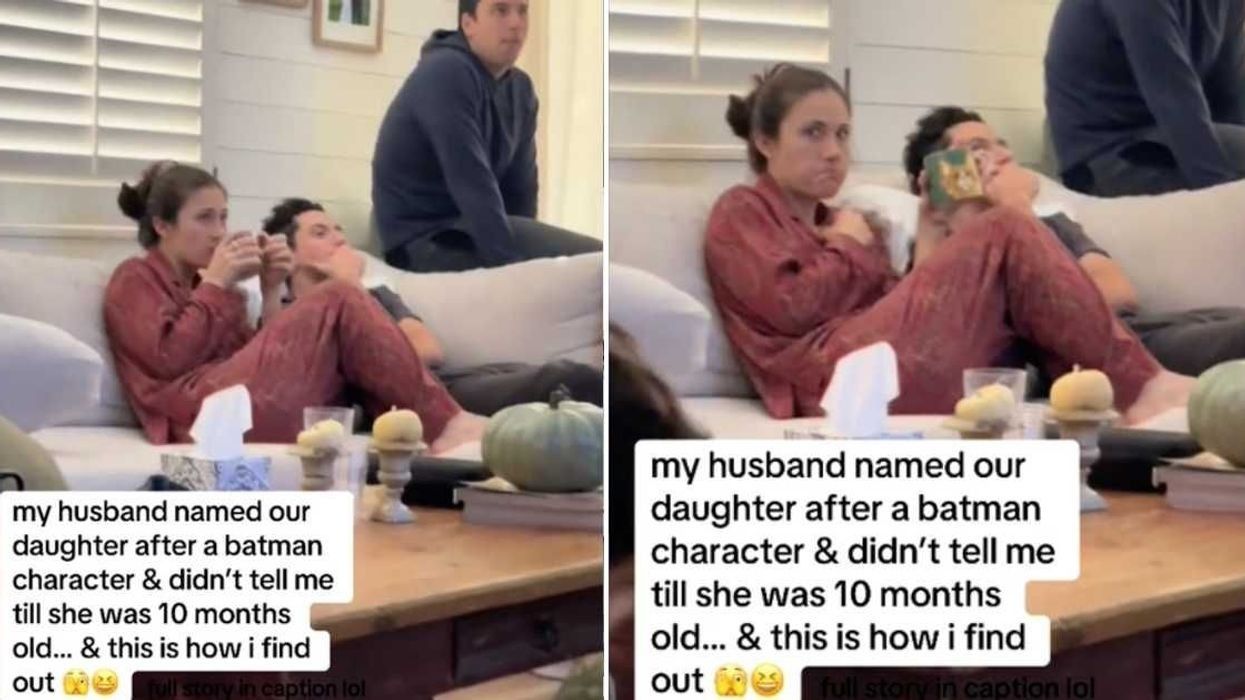
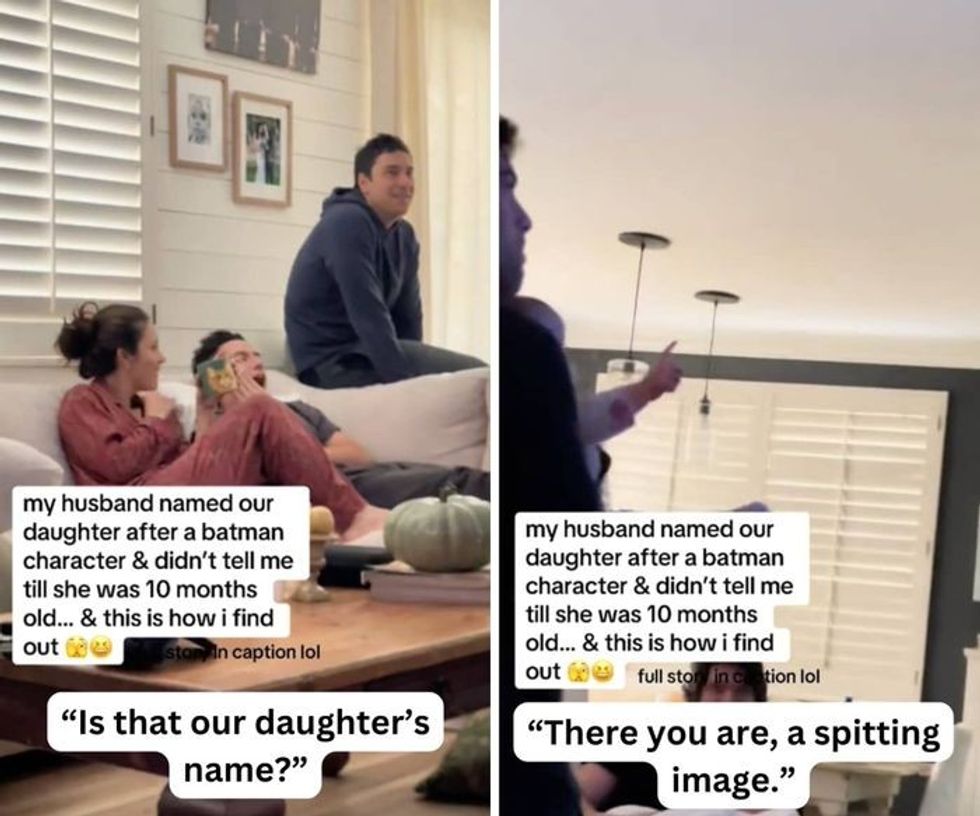
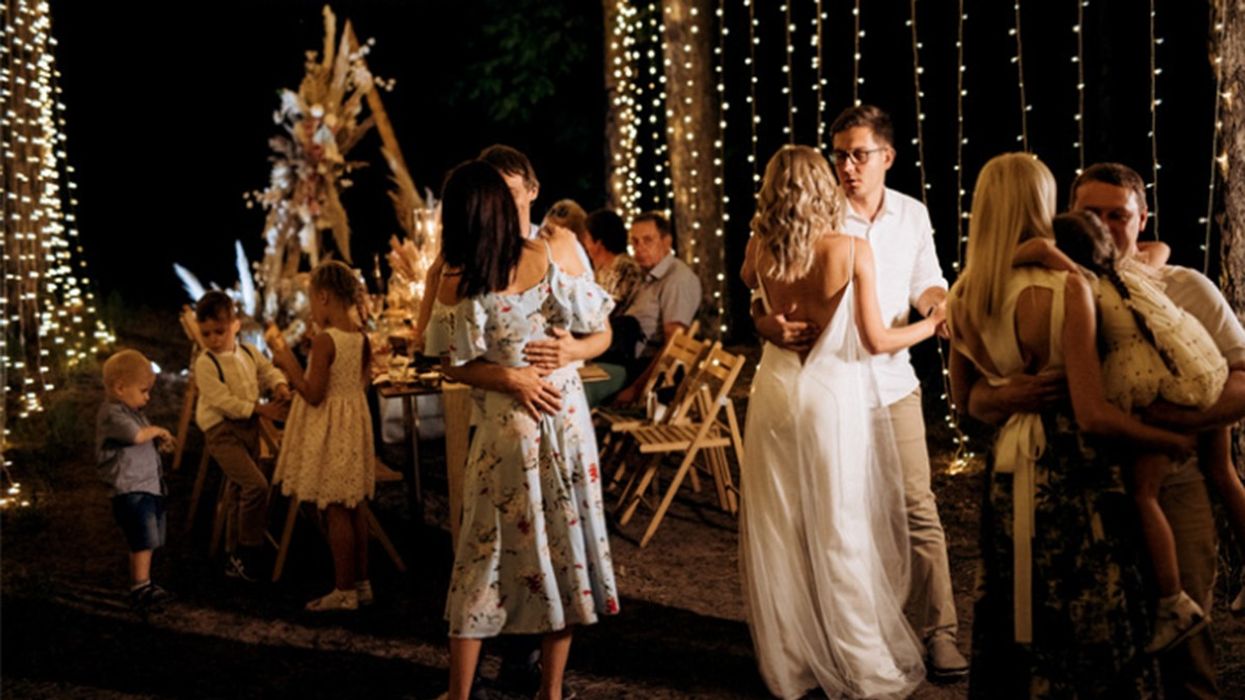
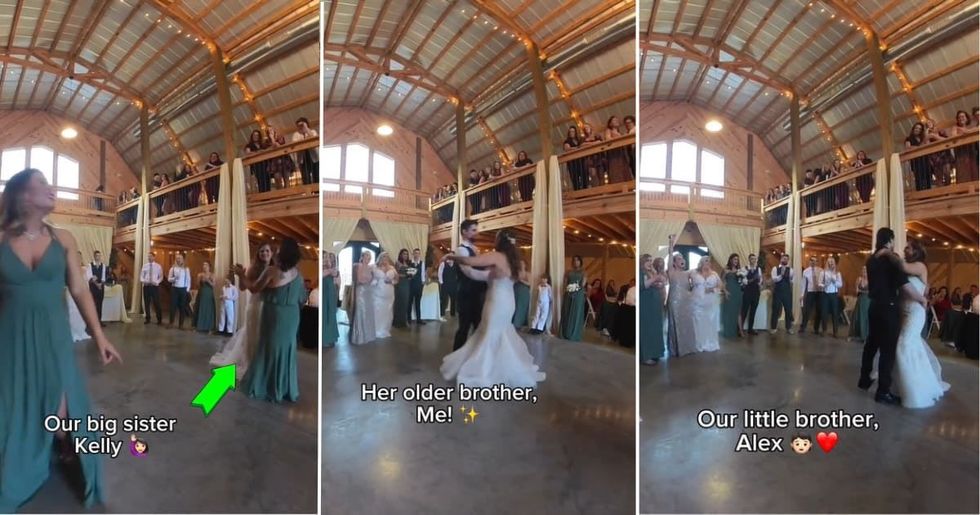
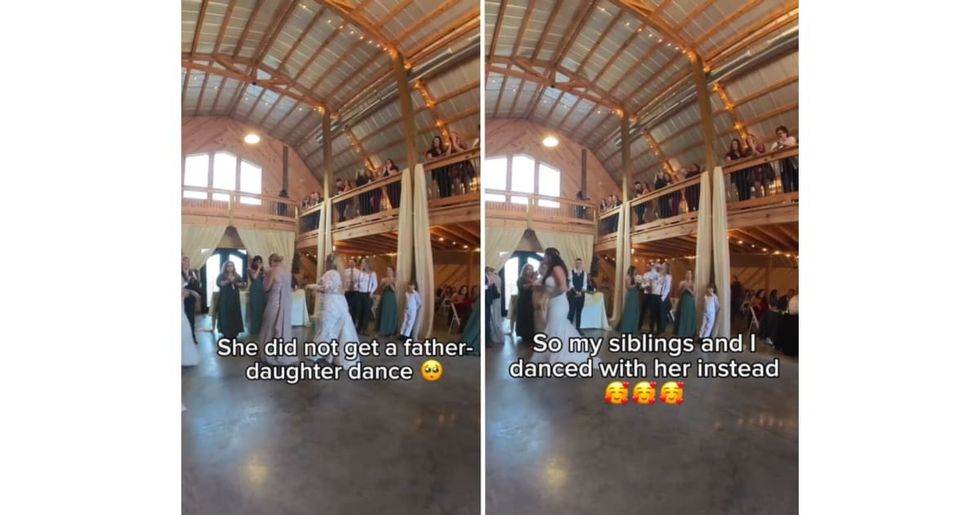 Megan didn't get the dance she thought she would, but got something better instead.
Megan didn't get the dance she thought she would, but got something better instead.